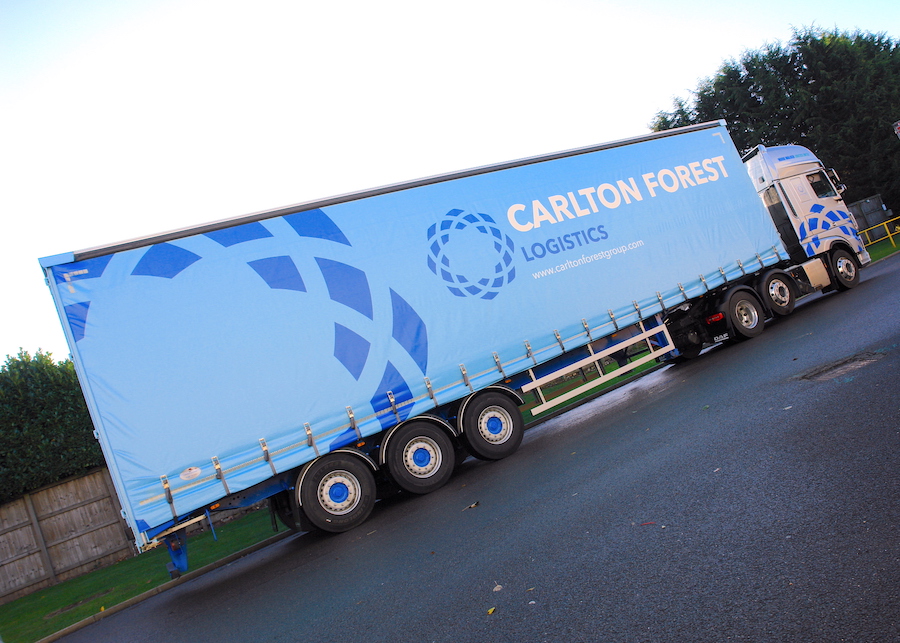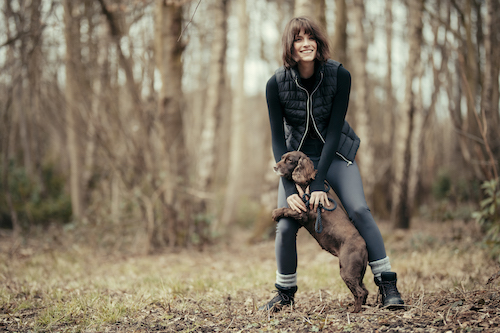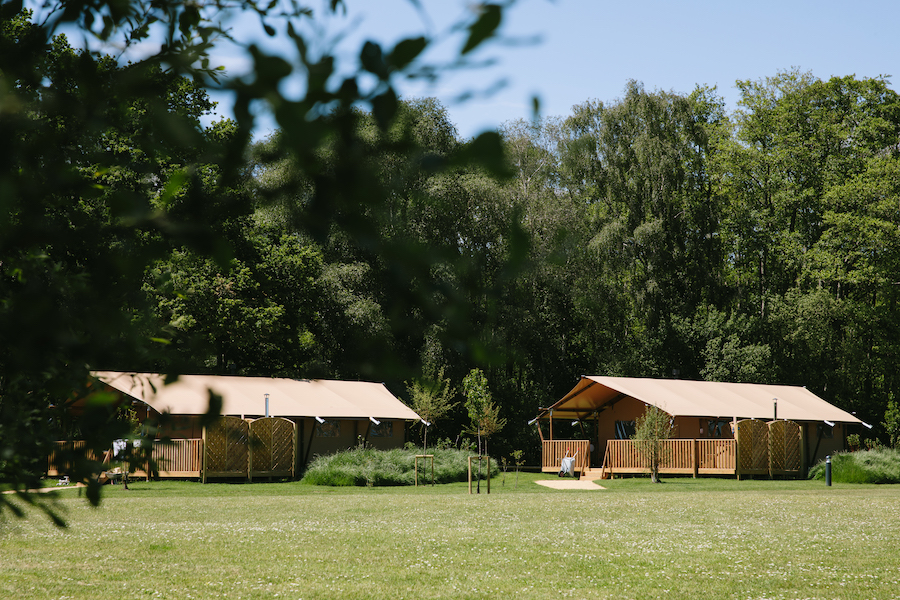
News
Create an ideal environment
5 Oct 2022

Cloud Nine’s products all come with a three-year guarantee, but wanting to do more to reduce the enormous volume of electrical appliances going into landfill every year, Rae launched his industry’s first recycling scheme. “In this industry, there’s a lot of ‘pile ’em high, sell ’em cheap’, and I wonder where it’s all going,” says Rae. “People are buying cheap products and throwing them away after 12 months because they’re broken and not worth repairing.”
Under Rae’s programme, Cloud Nine offers to recycle any brand of electrical hair product. The products come into the company’s warehouse – through a free postage offer to customers – and are collected and recycled. So far, the scheme has recycled well over 100,000 products: “I would ultimately love to be the biggest electrical haircare brand in the world, but by doing it our way,” says Rae.
While some leaders are creating easier pathways for customers to recycle and reuse, others are pioneering new technologies or developing their own innovative solutions to waste. Take Mark Pepper – by transforming used tyres into a type of oil that can be refined into biofuel or chemicals, he’s helping to reduce the number of tyres being burned in power stations in countries such as India.

I started looking at energy from waste about ten years ago. I settled on tyres: instead of mass burning them, how do you recover the oil to give it a second life?”
“I started looking at energy from waste about ten years ago,” says Pepper, who owns Carlton Forest Group, a Worksop-based business specialising in logistics, renewable energy and property. “I settled on tyres: instead of mass burning them, how do you recover the oil to give it a second life?”
The process, known as pyrolysis, produces a chemical reaction that extracts the oil from shredded tyres, which is then sent to a midstream oil company or chemicals business. After visiting processing facilities in a number of countries around the world, Pepper has built the UK’s first continuous pyrolysis plant for end-of-life tyres. He expects to produce four million litres of eco-pyrolysis oil a year from about 8,000 tonnes of tyre shred.
For ACAI Outdoorwear co-founder Kasia Bromley, the sustainability focus is on the materials used in her women-focused performance wear, such as base layers made from recycled coffee charcoal beans. Headquartered in North Wales, the business has doubled in size year on year since its launch in 2017 – providing quality outdoorwear with a good story.



We are aspiring to produce a product that has the longest lifespan possible - so that you can enjoy that one pair of trousers for a long time. We tend to use materials that involve recycled bottles as opposed to recycled yarns, because that can affect the longevity of the product.”
“We’re extremely passionate about the fabrics that we use,” says Bromley. “The performance of them, where they come from, how they’re produced. What’s really important to us is that we’ve provided quality and the function for our customers, as well as considered the environmental impact.”
Bromley’s career in fashion started at Alexander McQueen – which she says inspired her to create clothes that had greater function in women’s lives. “We are aspiring to produce a product that has the longest lifespan possible – so that you can enjoy that one pair of trousers for a long time. We tend to use materials that involve recycled bottles as opposed to recycled yarns, because that can affect the longevity of the product.”
Raw materials are also hugely important for Janis Sinton, founder of TasteTech, a Bristol-based business that develops food flavourings and ingredients that help to make food taste better and extend shelf life.
Having recently appointed a sustainability manager, the company has taken a close look at the sustainability of its supply chain, especially with regards to palm oil. TasteTech is certified by the Roundtable on Sustainable Palm Oil, an international not-for-profit organisation that unites stakeholders from across the industry to develop and implement global standards for sustainable palm oil.

Get one step ahead with B Corp status
Getting certified didn’t just help business leaders to tackle environmental issues, many also saw their growth rate shoot up by 14 per cent – which shows it pays to be ethical.
“Our core ethos is that business can be a force for good, and I 100 per cent believe that to be true, if done the right way,” says Raoul Fraser, whose company, Lovat Parks, became the first holiday park operator in the world to achieve B Corp certification back in 2020.
It took Fraser and his team 18 months to secure B Corp status, which involves a rigorous application process that many companies fail to complete.
As a major part of Fraser’s focus is on sustainability, Lovat Parks has rolled out a number of initiatives in recent years, including a free hire scheme for wooden boogie boards in an attempt to reduce plastic boards, and the transition of all the firm’s vehicles to electric.
“I’m super proud of the fact that we were the first holiday park operator in the world to become B Corp certified,” Fraser says. “Together, a combination of smaller actions can make a real impact.”
And there are sound business reasons for working to become a B Corp. Those based in the UK reported an average growth rate of 14 per cent in 2018, 28 times higher than the national average of 0.5 per cent, according to research from PwC.
“It was something we’d talked about a lot: wanting to be a business for good,” says Sophie Costello, founder of Costello Medical, which works closely with pharmaceutical companies to publish their trial data and educate doctors about new drugs.
“The work we do helps people as all of our projects are focused on ensuring enhanced access to medications – we believe all of our projects have a really positive impact and we are all committed to improving healthcare.”
The company became a B Corp in May 2022. “It provides us with that external validation and a framework to be continually improving,” says Costello. “We want to act responsibly as a company, to have a positive impact on our employees, our clients, the local community and the environment.
